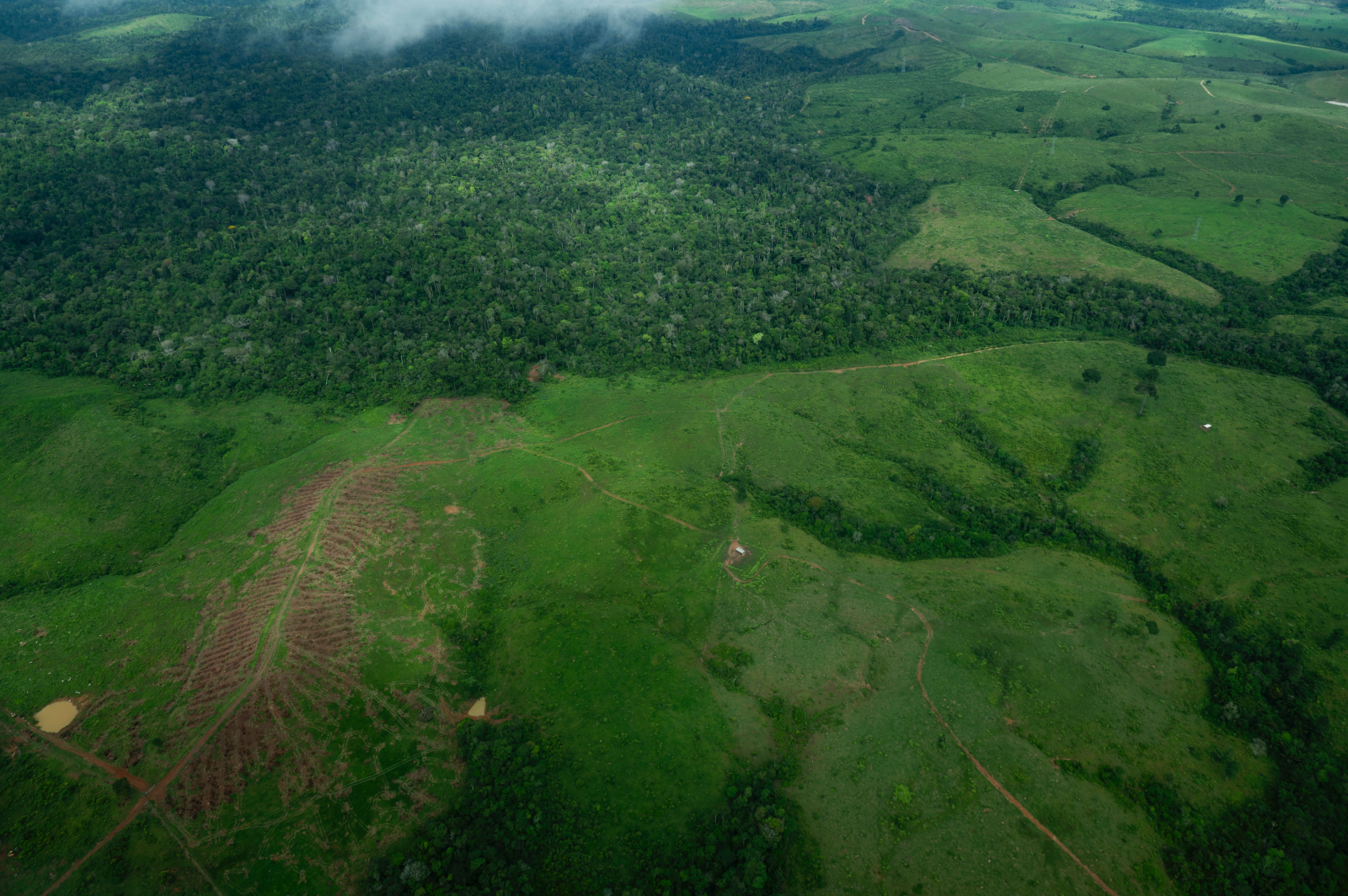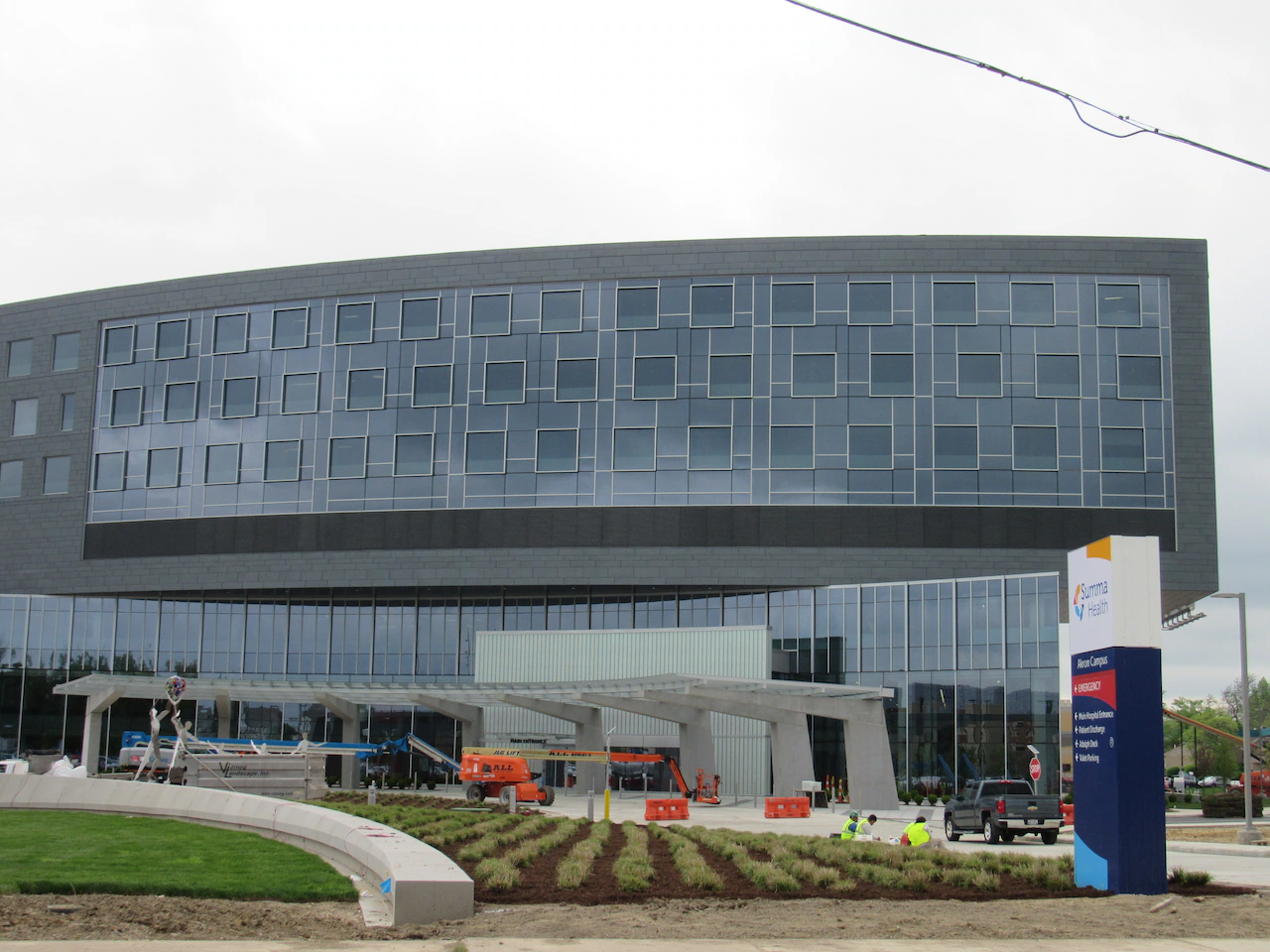Copyright newsweek

Over the past few years, our two states have endured the kind of climate devastation that was once the stuff of myths: fires that reduced entire neighborhoods in California to ash and floods that swallowed communities in the Amazon whole. And yet, amid so much devastation, we have witnessed the extraordinary depth of our people’s resilience. From California to the Amazon, state and local governments are proving that when national politics stall on climate issues, we’re ready to step up. At COP30, we’re hoping to show the world what’s possible at the state and local level when there’s a failure of leadership elsewhere. Aerial view showing a degraded area of the Amazon rainforest a few kilometres away from Indigenous territories in Altamira, Pará state, Brazil, on June 13, 2025. (Photo by CARLOS FABAL/AFP via Getty Images) The two of us know firsthand that climate action isn’t a distraction from the everyday work of governing. On the contrary, it isthe everyday work of governing. In California, we’re doubling down on our carbon management market, enabling safe carbon capture, removal and storage—and slashing emissions while creating thousands of good-paying jobs. Our clean energy and wildfire prevention efforts are saving billions—both in disaster costs and everyday bills. And with an all-of-government approach to confronting the fallout of climate change, we are building resilience against climate-driven shocks to the economy, our communities and nature. All of this is being done while we’re powered by two-thirds clean energy—and for almost every day this year, we have achieved 100 percent clean electricity for portions of the day. Clean energy is driving a state of 40 million people, offering more affordable energy and creating reliable jobs that will power the future. In Pará, we are also working at the intersection of sustainability and economic strength: adopting a bioeconomy model that generates value by preserving and restoring forests, developing new bio-businesses and participating in carbon markets that reward conservation. The state has also advanced in large-scale restoration through innovative mechanisms such as restoration concessions, while intensifying actions to combat deforestation and forest fires. As a result, Pará reduced deforestation by approximately 60 percent between 2021 and 2025 and achieved a reduction of more than 85 percent in forest fires this year, clear evidence that economic development and environmental protection can advance together. Three in four Californians say their state’s leadership on climate change is important to them. Across Brazil, nearly three-quarters of citizens believe city climate initiatives are improving both the environment and their daily quality of life. Clearly, our constituents understand what national leaders often forget: change starts at home. It is a truth we know well; before we were governors, we were both mayors—experiences that taught us the power of partnership across every level of government. Equally important is collaboration across states. Coalitions in the United States, like the U.S. Climate Alliance and America Is All In, bring governors together with mayors and business leaders in the effort to expand clean energy and resilience. Similarly, the Interstate Consortium for the Sustainable Development of the Legal Amazon Region brings together Amazonian states to curb deforestation, promote green agriculture and attract green investment. Already, we have seen remarkable momentum; between 2005 and 2023, states in the U.S. Climate Alliance slashed greenhouse gas emissions by 24 percent, while increasing GDP by 34 percent. The Consortium, meanwhile, has mobilized hundreds of millions of dollars toward sustainable development in the Amazon. The fight against climate change transcends national borders. At a time when global climate negotiations face renewed challenges, states like ours are stepping up. Since 2019, California has partnered with jurisdictions in 28 countries—touching more than a quarter of the world’s population, with a combined GDP in the tens of trillions of dollars—to cut greenhouse gases, enhance climate resilience and develop clean energy. That includes a new and robust collaboration with Brazil’s federal government and 22 of its states—including Pará—to expand cooperation on climate action. Our states—California and Pará—have also partnered through the Governors’ Climate and Forests Task Force, founded by California and now encompassing member states across the tropics, including Pará, to advance forest-based climate action.That partnership is on full display at the COP30 Local Leaders Forum, co-hosted by Bloomberg Philanthropies. Governors and mayors, the public and private sector, civil society and multilate...



